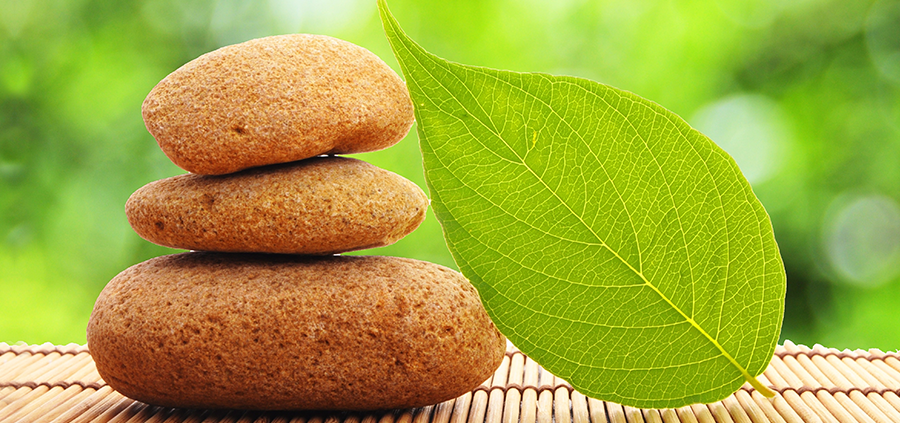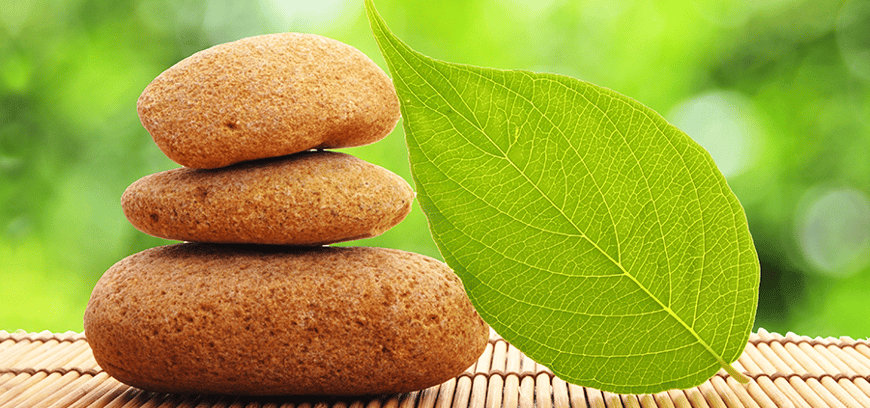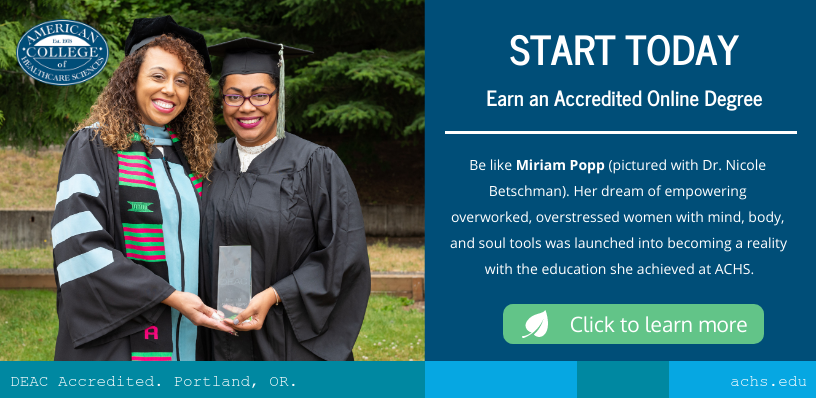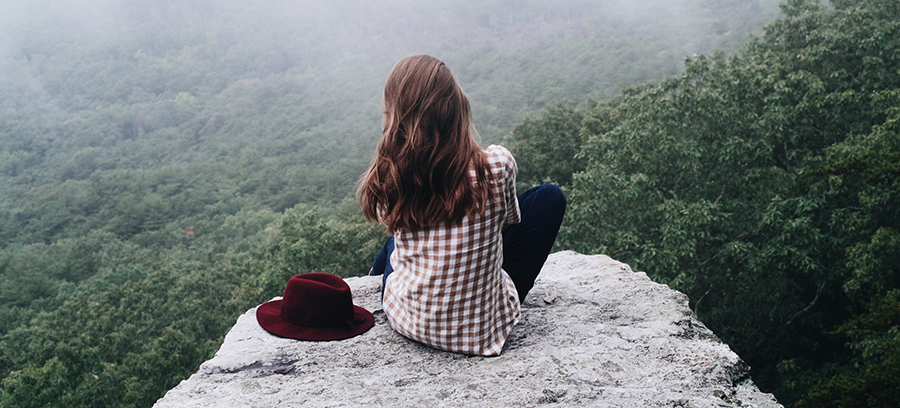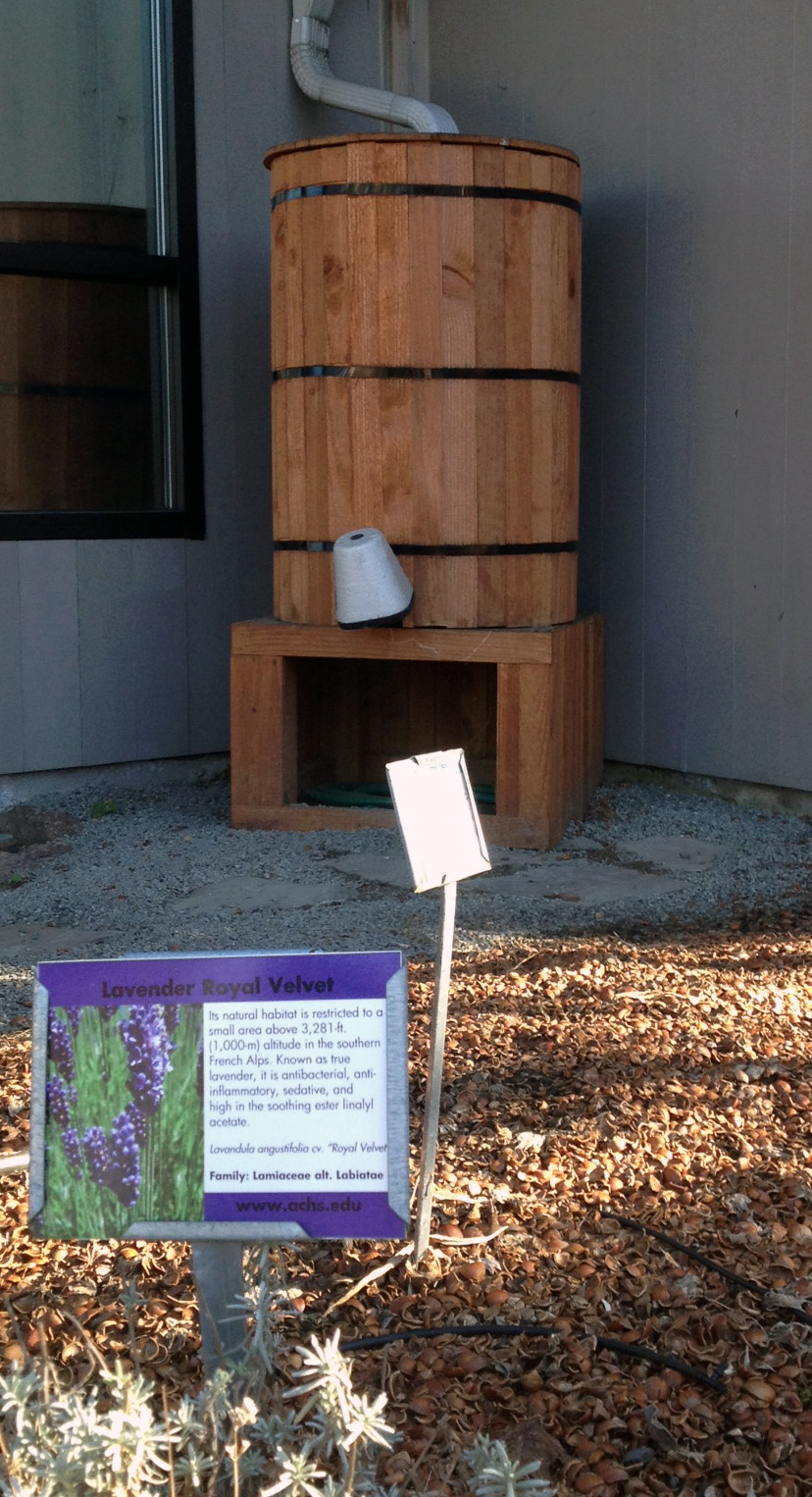Why We Care About Environmental Wellness (and You Should Too!)
Our personal wellness relies on the wellness of our environment. Think about it! If you’re surrounded by toxins—plastics to pesticides to pollution to STRESS—it’s going to be challenging to reach your full wellness potential … no matter how organic obsessed you are. So, taking the time to learn about your environment and the effects it can have on wellness, is a clear win (and benefits all of us!).
Some of the most common strategies people use to help heal the environment are walking, recycling, and composting.
But there are a ton more things you can try that just may better speak to who you are and where you live.
Save Money While You Reduce Global Warming
How do you save money while you make a valuable contribution? It may not sound easy. But, there are many things you can try. Here are three of our favorites:
#1 Recycle.
Yes, it’s an oldie but goodie. Paper and cardboard products make up a lot of waste. According to Recycle Across America, “Americans throw away enough office paper each year to build a 12-foot-high wall from Seattle to New York (a new wall every year).” Renew your commitment and recycle everywhere—at home, at school, at work, at the park, on your walks, at the gym … you get the point.
If it helps, turn it into a competition. For example: one full bag of recycling equals a treat. Involving the whole family (or office!) makes less work for any one person and makes the environment better for everyone.
#2 Use cold water.
Yikes! Cold water … in the shower? We. Know. Right?!
Yes, please. At the very least, try to use cold water when washing dishes and clothes. If you’re really gutsy, try taking a cold (or lukewarm) shower. Or, simply take a much shorter shower.
For fun, turn it into an experiment. Use a few drops of aromatherapy essential oil, like eucalyptus Eucalyptus globulus (Labill.) when you do laundry. Your clothes will be clean. You’ll save money on your heating bill. And you’ll smell great. #winning
Tip: Put the essential oil on a cloth that you put in with each load, or wait until the washer has filled before adding your oil(s) to avoid staining your clothes or the washer. And, wash only full loads.
#3 Don’t idle.
For once, this is not a pep talk about productivity!
Turn off your car’s engine if it will be idling for more than one minute. It takes less gas to restart your car than to let it idle.
Better yet, try a car-free day.
Clear the Clutter Wellness Campaign
Okay, “campaign” might be a little strong. But, it got your attention.
Clutter is huge right now. It seems like there are new books coming out all the time with THE BEST TIPS to save you from clutter. And while it’s likely there’s a great take away from all of these books, ideas, strategies, and speakers, it can be overwhelming.
In case you’re wondering if you have to be a minimalist to make a real difference, the answer is: it’s up to you. Only you know your life, your needs, and your environment.
But, we can all court a bit more environmental wellness by increasing our awareness of small, sustainable changes.
Cluttered rooms you intend to clean out but never do can drain your energy.
If we were going to make a book recommendation, we like Clear Your Clutter with Feng Shui by Karen Kingston. It’s easy to read, inspirational, and does not make you feel guilty.
Here are a two quick tips to get you started:
#1 Have a clutter-clearing party.
Schedule a day. Invite family and friends to bring at least three things they don’t need or want. Call a charity organization in your area and schedule a pick up for the next day (so that the clutter is not left at your house). Or, have a yard sale!
#2 Use the library.
If you have a little bit of a book-buying “habit,” this one’s for you. While there is absolutely nothing wrong with buying books (especially if you’re able to support the many small, independent presses), accumulating books might not be so great.
Be honest … how many books do you currently own that you have not read in years (like since high school!) and/or are keeping out of guilt and/or sentimentality?
If you’re not going to read these books again, are you really letting them do their work in the world? There are many people without regular access to information and/or who can’t afford to buy books. Consider the difference you can make for the kid’s programs at the library when you declutter your stacks. Donate. It’s easy, and many charity organizations will even take books as part of your scheduled at-home pick-up.
(Psst: The same for DVDs. You can rent or stream those now!)
Save the Kitties
Um, yeah …
Kitties!
They are some of the world’s most adorable fur creatures (unless, you’re allergic). But, kitty litter is not so cute. Approximately 4.5 million tons of cat litter are dumped into landfills every year.
Clay-based cat litters contain silica, considered toxic by the Environmental Protection Agency. They are also dirty and can get into your lungs and your cat’s lungs. Clay litters also have many chemical additives to cover up stink or to make the litter clump.
The list of yucky reasons to avoid these litters just goes on.
Kitty lovers, try biodegradable litters. They break down quickly in landfills and can be composted once they are thoroughly scooped and used as mulch. Also, most biodegradable litters can be flushed (hello easy button!).
Get Sweating Gardening with Your Kids
If you don’t have kids, borrow some! Tell your sister to drop off your nephew or invite your neighbors over for some social time (yes, that’s a real thing) and some light gardening. It’s great exercise for everyone, and in addition to improving the look and wellness of your environment, it helps wear out the kids. They’ll love you.
What’s better than a once-bare patch of dirt overflowing with zucchinis and tomatoes. Or with herbs like basil Ocimum basilicum (L.) and dill Anethum graveolens (L.). Or with flowers. Flowers have many environmental benefits (save the bees!).
Here are four easy, environment-friendly gardening projects for kids:
- Pluck dead blooms from flower beds or containers.
- Grow broccoli sprouts for dinner using one tablespoon of broccoli seeds and a jar covered with some nylon, secured by a rubber band. Each day allow the seeds to soak in warm water for three minutes, then drain.
- Put vegetable tops in glasses of water and gravel and watch them sprout! Try onion, radish, sweet potato, beet, parsnip, or turnip.
- Set up a compost heap.
You can get healthy, affordable plants online these days. For example, Crimson Sage Nursery, originally founded by ACHS graduate Michelle DeFord, offers a range of more unusual medicinal plants online. And, if you are in or around the Portland, Oregon area, come visit the college’s botanical teaching garden for more ideas!
Ready to make even more of a difference in the world? Take your sustainable skills to the next level with an accredited credential from ACHS. Earn your certificate, diploma, or degree in holistic health, nutrition, aromatherapy, or another integrative health modality. Learn more here.
Disclosure of Material Connection: This blog may contain affiliate links. I am disclosing this in accordance with the Federal Trade Commission’s 16 CFR, Part 255: “Guides Concerning the Use of Endorsements and Testimonials in Advertising.
This article is for informational purposes only. It is not intended to treat, diagnose, cure, or prevent disease. This article has not been reviewed by the FDA. Always consult with your primary care physician or naturopathic doctor before making any significant changes to your health and wellness routine.

